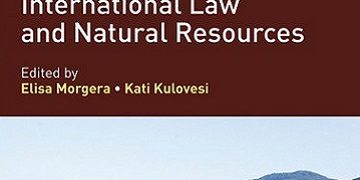We wish to share our research findings in a variety of ways to reach out to different audiences. We not only publish academic books and articles, but also distill our research in a shorter and more action-oriented way for stakeholders (policy-makers, advocates, etc) in policy briefs and blog posts. We welcome comments and suggestions from colleagues and stakeholders.
SCELG publications are organised by area of expertise:













